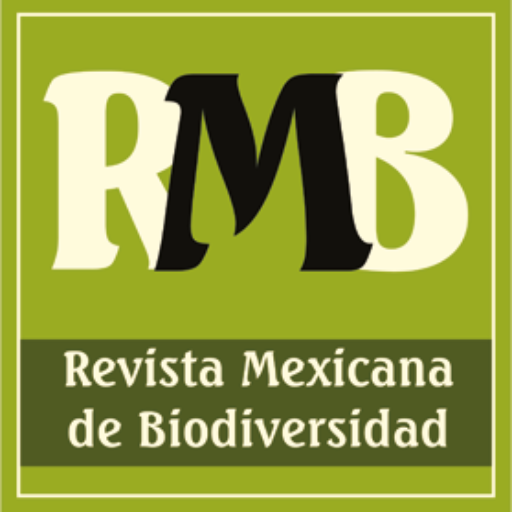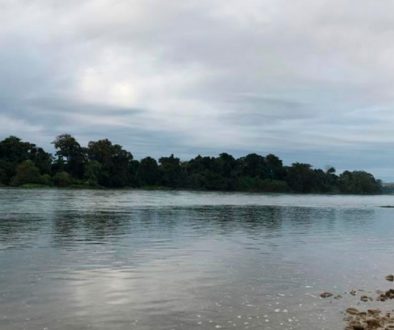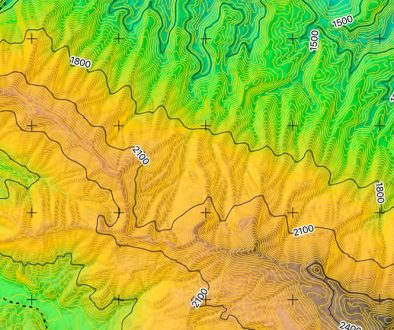Coprological survey of parasites of free-ranging jaguar (Panthera onca) and puma (Puma concolor) inhabiting two types of tropical forests in Mexico.
Brenda Solórzano-García, Jennifer Mae White-Day, Magaly Gómez-Contreras, Jurgi Cristobal-Azkárate, David Osorio-Sarabia, Ernesto Rodríguez-Luna
Resumen
This study presents a coproparasitological survey of free-ranging jaguars (Panthera onca) and pumas (Puma concolor) inhabiting two types of tropical forest in southeastern Mexico. We examined 167 fecal samples (68 = jaguar; 33 = puma; 66 = unidentified large felids), and identified 16 parasitic taxa, 56% of which were nematodes. We compared parasite community composition and prevalence between host species and forest types, and found that parasitic communities of jaguar and puma were more similar between host species in the same forest type than among conspecifics inhabiting different forest types. Possible determinants for the patterns we observed might include ecosystem differences along with host evolutionary history, as well as disparate diet and habitat use of these two felines. Further studies are needed for a more accurate estimation of the parasitic community composition of these felines, and for a better comprehension of the effects that habitat perturbation could have on the ecology and transmission of parasitic diseases, and the related consequences for the conservation of wild felines.
© 2017 Universidad Nacional Autónoma de México, Instituto de Biología. Este es un artículo Open Access bajo la licencia CC BY-NC-ND
(http://creativecommons.org/licenses/by-nc-nd/4.0/).



